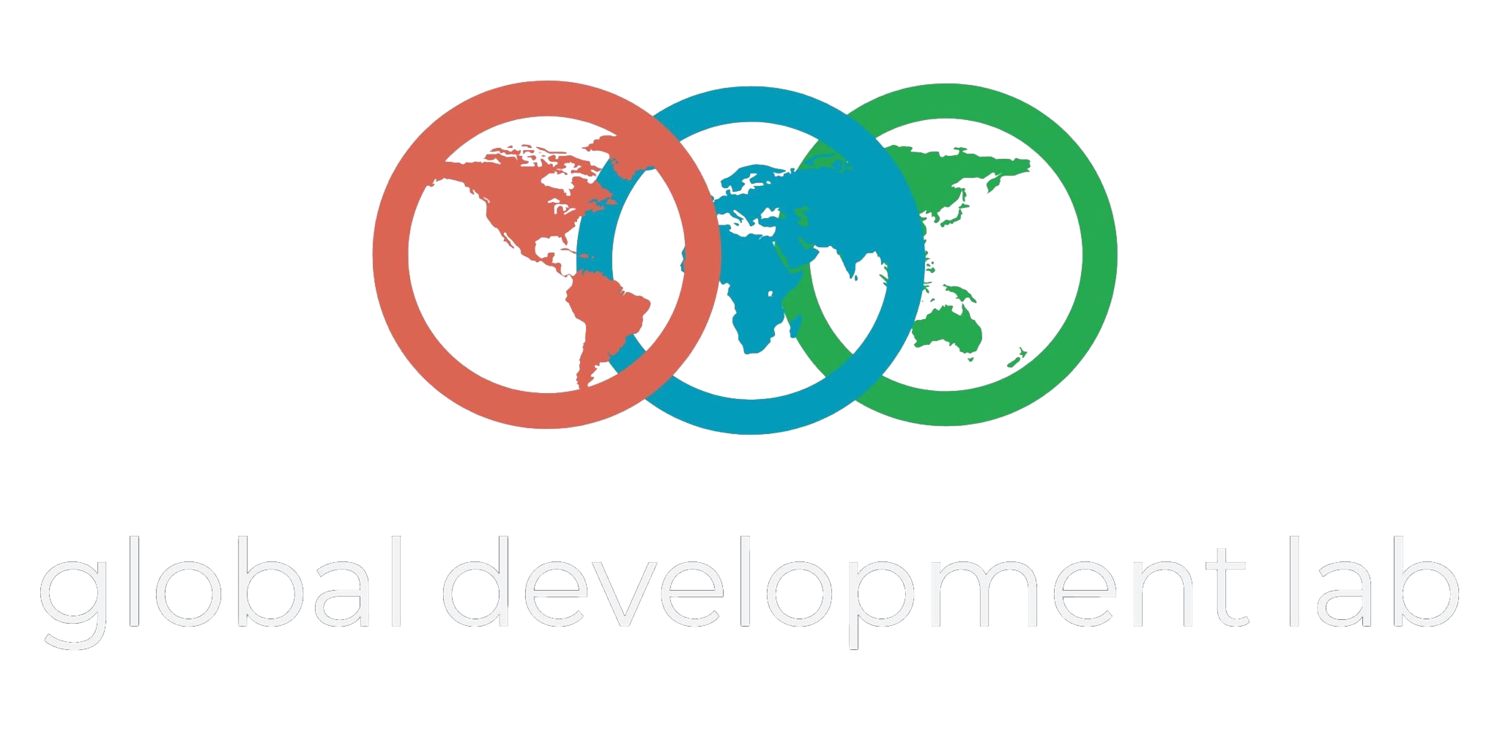The winning project, “UCLA Bridge,” is a mentorship program in which UCLA students will partner with the Koreatown Youth + Community Center to serve as mentors for disadvantaged high school students as they plan their educational and work futures. Presented by GDL members Katherine Brezoczky (UCLA 2026, political science & economics), Maher Salha (UCLA 2025, global studies & political science) and Nicholas Sharifi (UCLA 2026, political science & economics), the project was awarded $1,000 in seed funding and will initiate operations this summer.
Katherine Brezoczky, Maher Salha and Nicholas Sharifi were the first team to present their proposed project, “UCLA Bridge.” The project seeks to use undergraduate Bruins as a resource and knowledge bridge to high school students in disadvantaged areas of Los Angeles, where high school graduation rates can fall as low as 30%.
The project will focus on providing disadvantaged LA high school students (grades 10–12) workshops, supplemented by online resources, that build foundational skills that the students can use to succeed with a high school degree and/or to pursue educational alternatives beyond high school. Students will also be offered individual, one-on-one mentorships with individual Bruin volunteers.
The students will partner with community organizations, starting with the Koreantown Youth + Community Center, or KYCC, this summer, to reach students who could benefit from the project. Low-income high school students who work as volunteers at the KYCC summer session for elementary and middle school students will be the focus of the group’s work this summer. UCLA Bridge will be established as an official student club in fall 2024, followed by student recruitment and mentorship training. “We’re trying to find people who are also passionate about [the project and who] can pass it along to others, similar to GDL, as something that continues beyond us,” said Brezoczky.
Nathan Klassen, GDL Director of Media and Marketing Clarissa Damesyn (UCLA 2027, international development studies and environmental studies/geography) and Ashley Radfar (UCLA 2026, political science) next presented “FREEateries.” Their proposed project would assist the 37% of the Bruin student population that is food insecure by means of a phone application that would provide consolidated, updated information on free food resources offered at UCLA and in surrounding Los Angeles neighborhoods.
“Food insecurity,” said Klassen, “is a fixable issue and is disheartening because it leads to a domino effect of problems, such as increased stress and mental health issues, worse nutritional and physical health and poor academic performance, all of which leads to higher dropout rates.”
Although they began their background research with the idea that Westwood Village might need a new food bank, the team discovered that present resources were ample, but centralized information on the varied food resources available to Bruins was lacking. Most students, stressed the team, are unaware of the food resources offered by UCLA, both on and off campus (74% according to a survey that the team conducted of 11 diverse organization on campus).
The final Project Incubator team — Oluwadamilola (“Dami”) Salami (UCLA 2025, international development studies & public affairs), Ella Morris (UCLA 2026, global studies) and Isabella Berg-Patton — concluded the competition with a presentation on “Coalition of Students Against Female Genital Mutilation (FGM).”
“Over 230 million girls and women have been subjected to this practice, with over 513,000 in the U.S. alone,” said Salami. The consequences of the practice on their sexual, reproductive and psychological health, she added, “[include] PTSD, excessive bleeding, increased risk of infection, childbirth complications and even death.”
The project seeks to empower young girls aged 1 through 15 in specific areas of Tanzania and Sierra Leone, respectively, through a two-pronged effort:
1) partnering with established NGOs working on the ground to train girls in basic digital storytelling techniques so that they may effectively advocate for themselves, and 2) educating and inspiring a generation of college-age women in the U.S. to lend their skills and voices to the ongoing campaign to protect at-risk girls worldwide from FGM. As part of the latter effort, the coalition would develop an active social media awareness campaign on FGM (to include short videos with individual African women) that would specifically target American college students.
Of note, the group plans to impart video skills to young girls in Africa as part of a skills exchange between the girls and Bruins who will intern with the two local nonprofits (Desert Flower Foundation in Freetown, Sierra Leone and the Maasai Girls Rescue Center in Karatu District, Tanzania).
The team planned to make the Coalition of Students Against Female Genital Mutilation an official UCLA student association, enabling it to fundraise and attract more volunteers, conduct informational panels on FGM at UCLA and send student coalition members to do internships with its local partners in Africa. Their first intern is already working remotely for MGRC in Tanazania.



